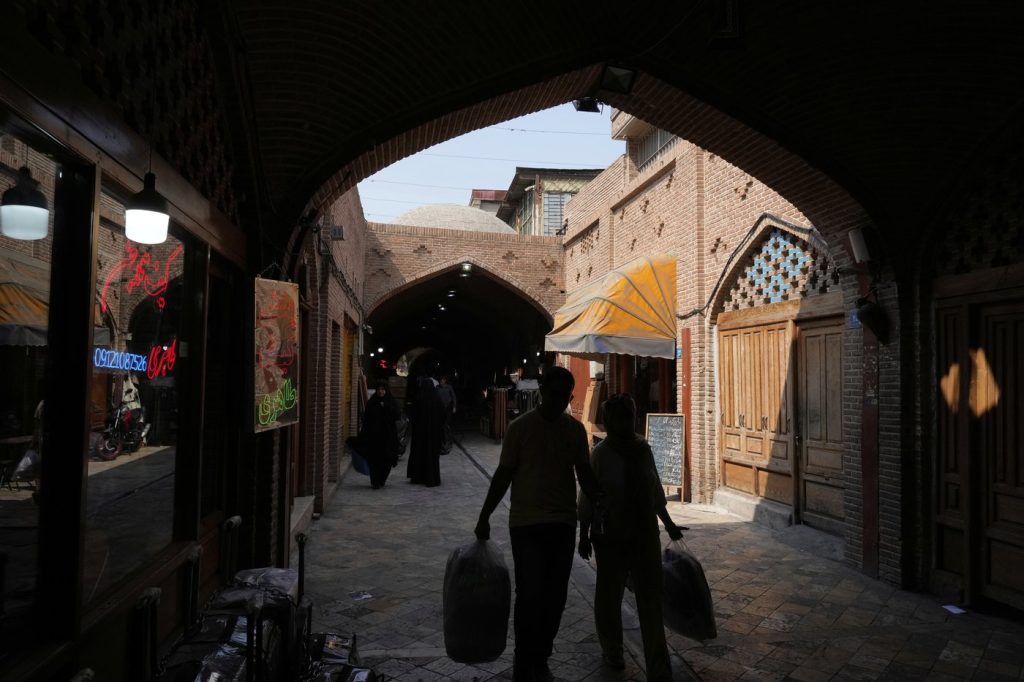TEHRAN (AP) Iranian authorities have mandated the closure of government offices and banks across a significant portion of the country on Wednesday due to soaring summer temperatures and a deteriorating water crisis that are placing immense pressure on the power grid. This announcement, made via state television on Tuesday, marks the second such initiative this summer as Iran attempts to alleviate the demands placed on its electricity and water resources.
As temperatures in Tehran have surpassed 40 degrees Celsius (104 Fahrenheit), officials have issued warnings to residents encouraging them to refrain from engaging in outdoor activities during peak heat hours and to conserve both water and energy. The Iranian power generation capacity stands at approximately 62,000 megawatts per hour, while the country requires around 80,000 megawatts to meet its domestic demand.
Currently, cities like Tehran are already experiencing electricity cuts lasting up to two hours every other day, and experts predict that these outages may soon escalate to four hours per day. In light of these deteriorating conditions, protests have erupted outside Iran's national electric provider, Tavanir, as citizens demand improved management of the electrical grid to alleviate their plights.
The nation’s struggles are exacerbated by years of U.S. sanctions targeting Iran's crucial oil and banking sectors, coupled with significant challenges in securing necessary components for the maintenance and repair of the electric grid. These factors have hindered Iran's ability to adequately maintain and upgrade its already inefficient energy infrastructure. The Bushehr Nuclear Power Plant, Iran's only nuclear facility that became operational in 2011 with assistance from Russia, has the capacity to produce a mere 1,000 megawatts per hour and is taken offline annually for approximately two months for scheduled maintenance.
The southern region of Iran is particularly affected by the extreme heat, with the city of Abadan recording temperatures exceeding 50 degrees Celsius (122 Fahrenheit) on Sunday, positioning it among the hottest locations globally during this summer's intense heat wave. Over recent years, Tehran has faced recurrent episodes of severe heat, compounded by fragile infrastructure. Wednesday's planned closures echo a previous one-day public holiday enacted in July 2024 and a more extended two-day action in 2023, underscoring the ongoing energy crisis the nation grapples with.
In summary, Iran's continued challenges with extreme temperatures, inadequate energy supply, and aging infrastructure underline the need for significant reforms in its energy management strategy. The government's response through temporary closures is a direct reflection of the urgency to address these issues amid escalating public discontent and calls for change.











